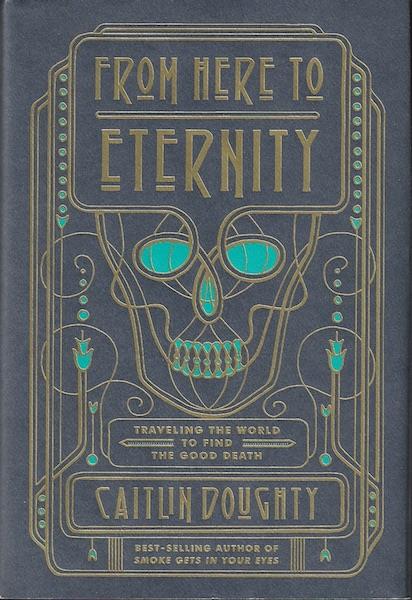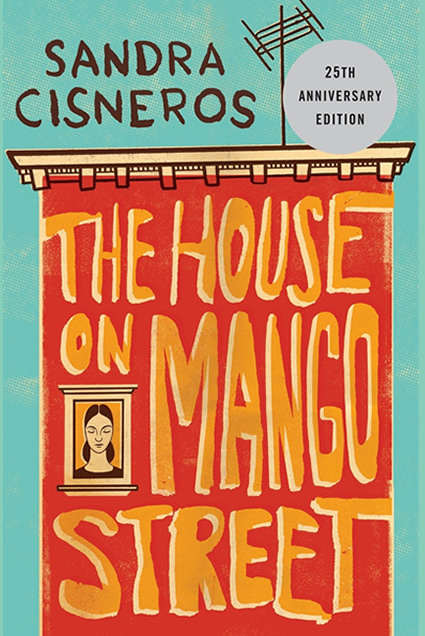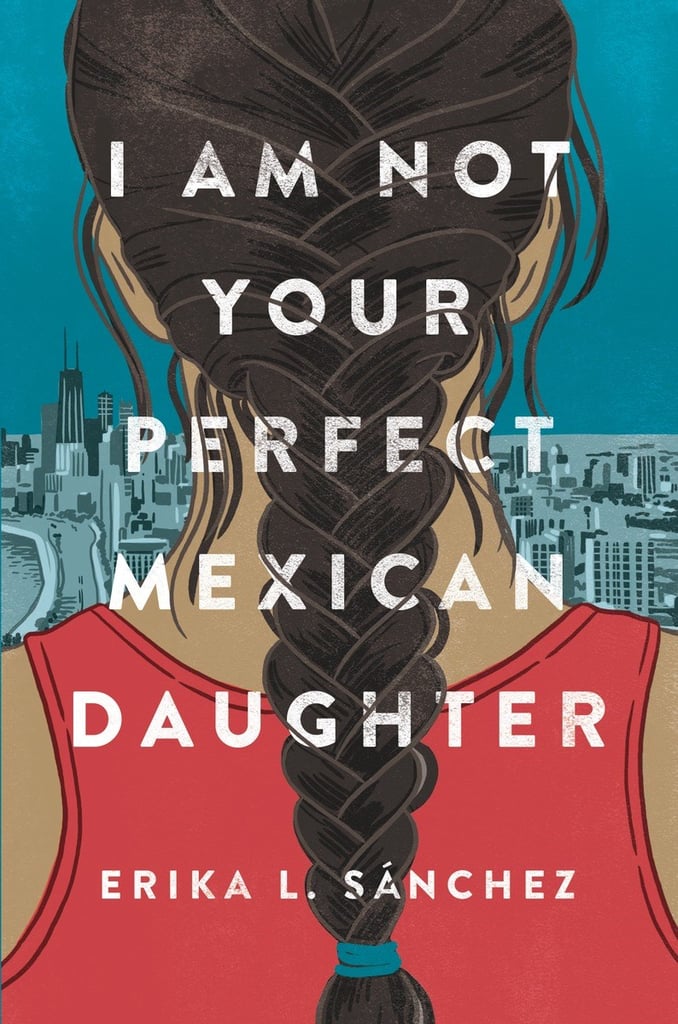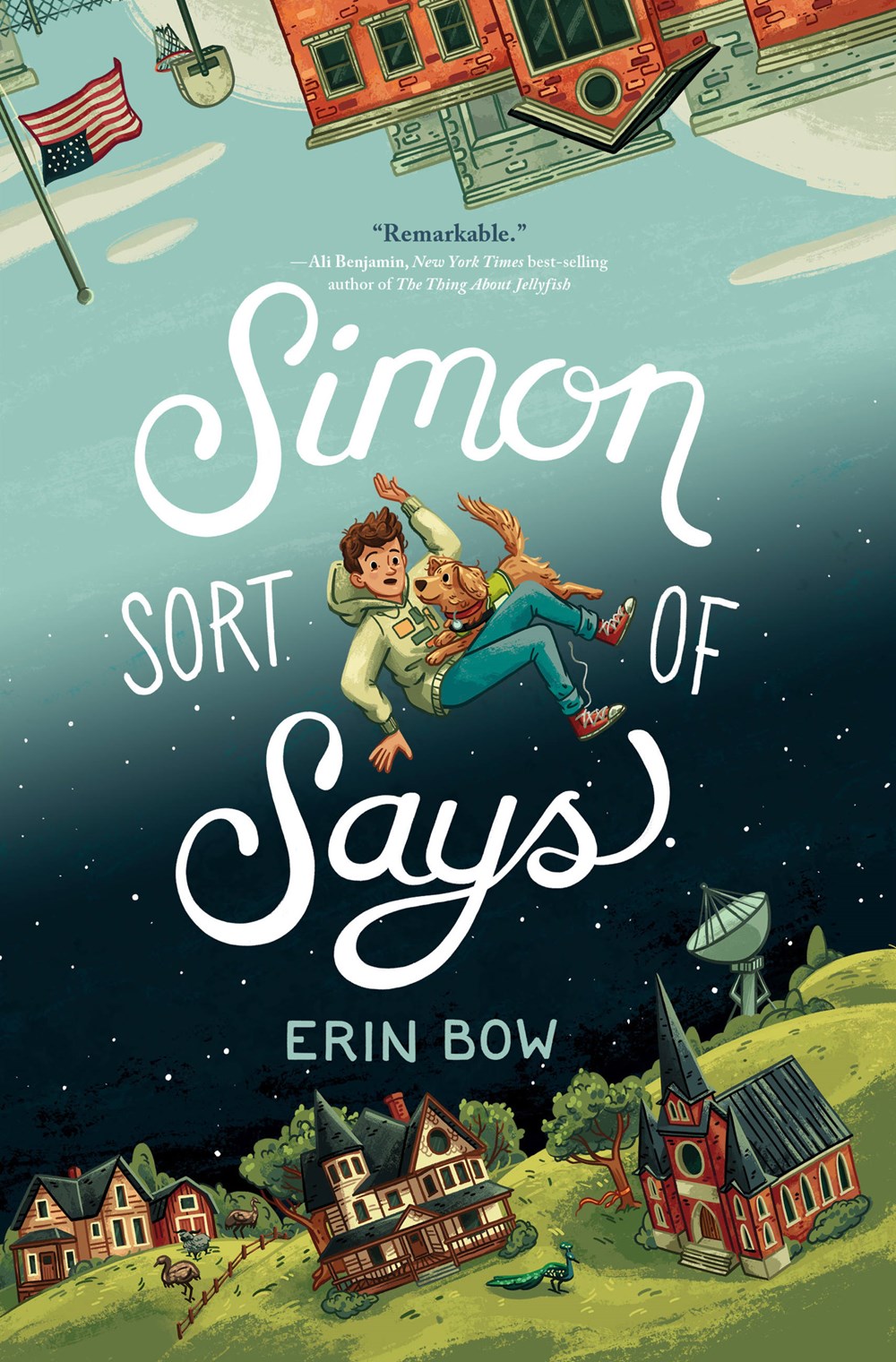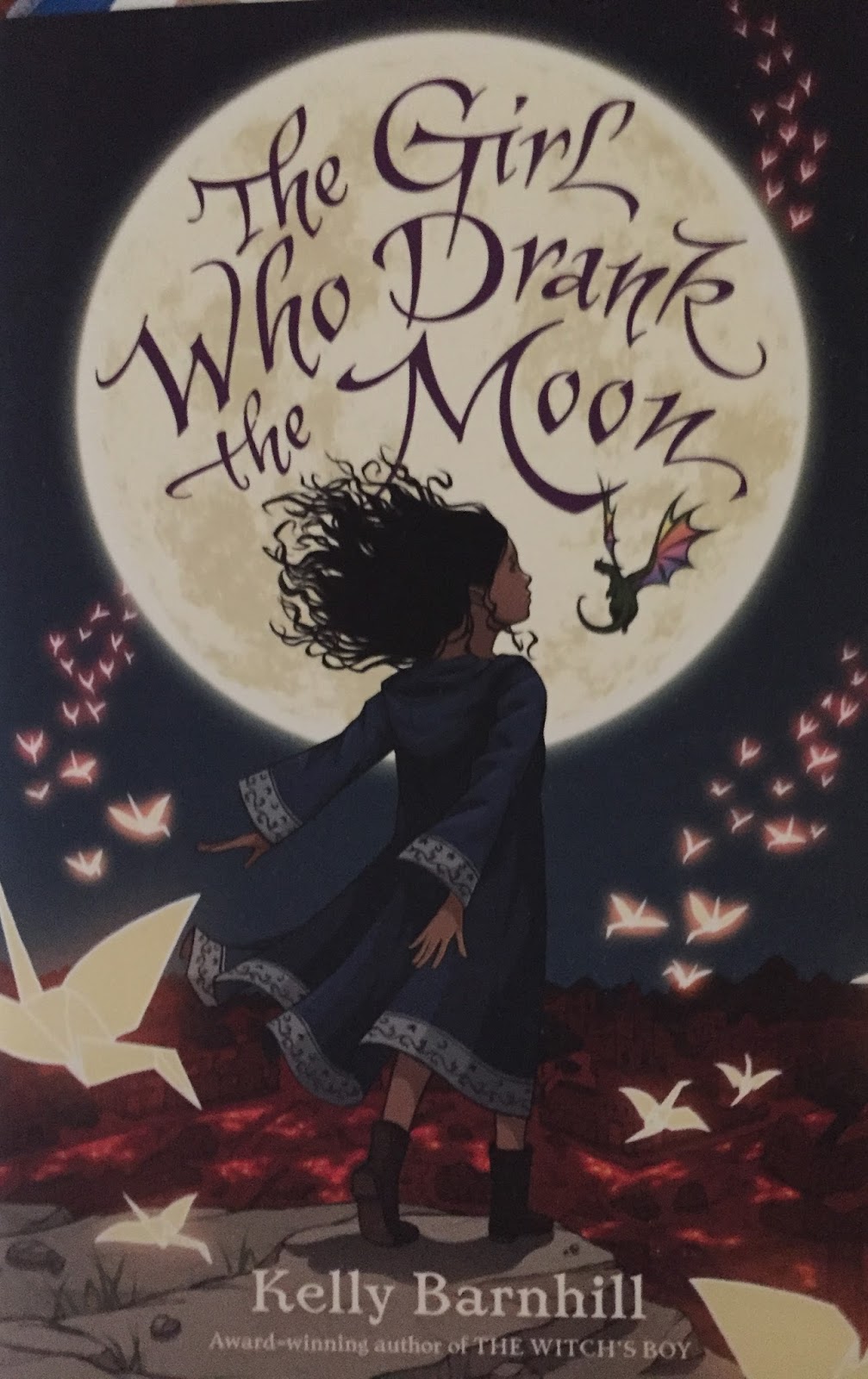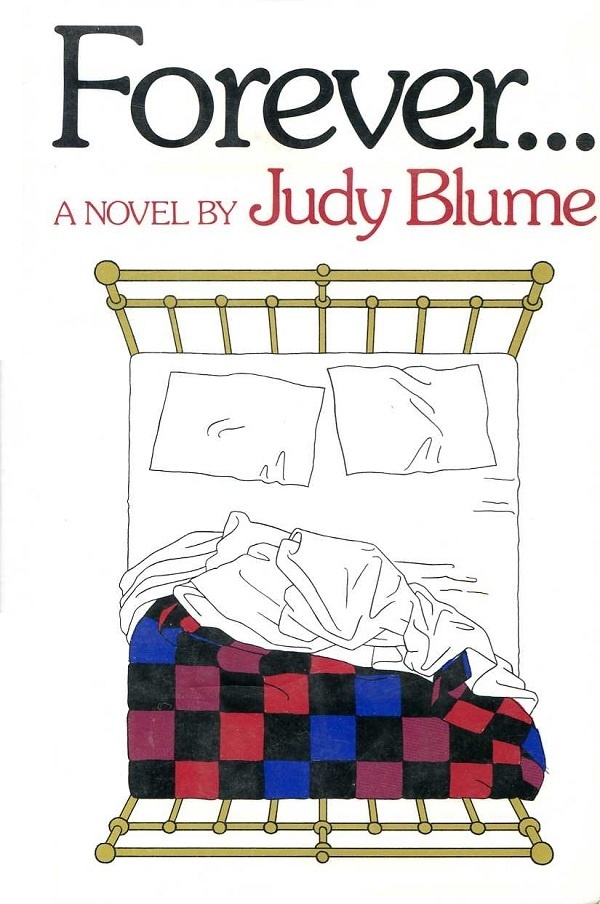Thinking this fine morning about some of the most formative teachers I had in primary and high school.
Ms. Karol, art teacher
Ms. Karol, my primary school after school art teacher, who introduced me to ceramic clay. Her class also introduced me to a wide range of other media types, but obviously ceramics is one of my main mediums today, and I wouldn't be who I am as an artist without it. Other media types that we did in her class included pen and ink drawing, acrylic painting, linoleum block printing, silk screen printing, Sculpey, paper mâché, collage art, water color painting, charcoal drawing, candle making, and mosaic tile work. They didn't have an art teacher or art class at my primary school, but they did offer one at the local park district field house. My parents valued art education because they've always been a pair of weird (clearly neurospicy) art hippies, so they signed my sister and I up for that class – Ms. Karol's class. I remember that she often read the class a picture book and we would discuss the artwork in it, and make art in the same media type. She also had an old slide projector with a large quantity of slides of different pieces of famous sculptures, paintings, prints, and mixed media pieces from museums around the world.
It was a really bare bones room that had probably once been some kind of meeting room or storage room. It didn't even have a sink, so before each class two of us were selected to carry this large blue and white speckled enamel washbasin to the staff bathroom down the hall and fill it up to be our "sink". There wasn't air conditioning so in the early fall and late spring and when the kiln was running or on cool down, it could be uncomfortably warm in there. It was a small class, with me, my sister, my best friend, her sister, another friend and her sister, and a friend and his brother. The eight of us went to the same primary school, which was walking distance from the park district field house where the class was, so we'd all walk there together every Wednesday, stopping at my house briefly for a snack that my dad provided. He'd bake a loaf of fresh bread and cut up a variety of fruits and we'd have fresh, hot bread with butter, and fruit before heading off again.
I have this really distinct memory of sitting in that warm classroom, watching Ms. Karol give a slideshow, spellbound by the art. The projector gave a loud click each time she moved forward a slide. I learned about art from around the world, and all across time in that class, and it's a passion that lives with me even now. That class combined with my parents' "artist inspired" art phases made me into an artist.
Mr. Glower, computer teacher, adventurer and environmentalist
Mr. Glower was the computers teacher at my primary school. Everyone was required to take his class. For the youngest kids it was mostly a keyboarding and MS office class. I hated that class in the beginning because I was so terrible at typing and I thought that I was awful at computers, but Mr. Glower and his passion for computers changed my mind ... eventually. He had a touchscreen mobile phone with a camera, which blew our minds. (This obviously dates me lol). But what was really cool about Mr. Glower was that, outside of his passion for computers, he had a passion for travel, specifically backpacking and international travel. He'd climbed many mountains, including Kilimanjaro and Mt. Everest, he'd been to over fifty countries, he'd gone spelunking in multiple caves, he'd backpacked in the desert, and he'd been to Antarctica. He and his wife Voula, who was also a teacher, did all of this adventuring together. He'd often show us pictures at the start of the school year of where he'd been in the summer, and he'd challenge us to use internet resources and clues in the photos to find out where they'd been taken. In his class we learned to type, to make PowerPoints, Spreadsheets, Word documents (or, lol actually Appleworks5 documents), how to make websites using HTML, how to use Google effectively, how to use Google Earth, and how to edit photos using Corel Studio and Adobe Photoshop.
In addition to teaching this class, Mr. Glower ran an after school club called EnergyNet, which was a computers and environmental activism club. EnergyNet was actually a national primary school after school program, and Mr. Glower's club was simply a chapter of it. We learned how to use research tools to find information about the environment and we learned what Climate Change is, and what its effects are on the planet. We got a bunch of data about the school's electricity usage, gas usage, trash, and recycling programs and analyzed this data as a group to find out where the school was wasting energy the most. We came up with campaigns to help reduce waste, save energy and promote environmental education in our school by giving presentations, creating advertisements, and giving reports to the school administration. It was fun and energizing, and we all learned a lot in the club, and it gave us the knowledge that our voices had power and that we could use them to do good in the world.
The school didn't have an IT team, so all of their IT work was also done by Mr. Glower. Mr. Glower also managed and maintained the school's website, and the email server for school email addresses. These "server closet" was actually just a coat closet in Mr. Glower's classroom, and if it got disconnected or went down, so too did the school's website and everyone's email! (Again, dating me lol.) Mr. Glower was one of several adults in my child life who looked and me and went, "this child is totally capable of doing paraprofessional work." Still unsure of why I always gave off those vibes lmao. Anyways, I was the top kid in all of my classes (except PE) in primary school, and since a lot of my teachers had huge classes with a lot of kids who were below grade level or who were ELL students, and a good portion of at level kids, I often got ejected from class to do my own "self-guided" 3+ grade levels above work in the hallway. It was pretty lonely actually, but hey, I don't really blame my teachers. Looking back now as an adult who works with kids, I really feel for them, because most of them had 30+ kids in their classes, some of whom were incredibly difficult kids to work with, and had no help whatsoever; I was the one above level kid in these groups of 30+. Anyhow, Mr. Glower discovered this interesting information, and decided that some of my time might be enjoyably spent helping him with computer tasks, so he signed me out of class, and had me come and help him set up new computers, fix other teachers' computer problems, update the school website, etc. Basically he made 3rd grade me into the other half of the school's IT team lmao. I learned a lot doing that, and it's useful stuff that I still use today.
Ms. Bady, the school librarian
Ms. Bady was the school's librarian at my primary school, and she also was a teacher who went "hmm this child looks like she could do paraprofessional work." Sometimes she'd sign me out of class to help her out in the library. Typically she'd have me do shelving, weeding, or data entry. This was probably the first inkling that I had that I wanted to be a librarian. Even when she didn't sign me out of class, sometimes when I got ejected from class to do my own special classwork, I'd wander off to the library and she'd let me sit there and do my work on the beanbags. In her class, which we all had twice a week, she taught us about source evaluation, bias, bad data, database searching, research skills, and library catalogs. It was all super useful information that continued to be useful long after I had been in her class. She was also the teacher sponsor of our school's battle of the books team. BOB was district-wide competition where each school had two teams (one in lower grades and one in upper grades) that each read lists of 20 books, and competed against other schools on remembering information about those books. We'd have to remember who the author was, information about the plot, characters, setting etc., and facts that were in the non-fiction titles. I was in BOB from the start because I loved to read, and could do it with high comprehension at a high speed. BOB lists meant that I had to read books I like, and, critically, books didn't like. Ms. Bady was always encouraging, and emphasized the power of and need for strong critical thinking, and the importance of close reading. That stays with me even today.
Mr. Winkler, high school Brit Lit teacher, theater director, Shakespearean actor, medievalist, and Drama department chair
I had Mr. Winkler in 10th grade for British Literature, which was a required lit class (required lit classes at our high school were: Survey of Literature, American Literature, British Literature, and World Literature). Mr. Winkler only taught one section of Brit Lit, because he was primarily a drama teacher, but his Shakespearean acting and medievalist background, made him a great fit for Brit Lit. There were 3 other sections of Brit Lit taught by another teacher, who was strict, had his students take nitty gritty detail reading quizzes twice a week, and had his students write tons of papers. We did not have to do any of that. Mr. Winkler's class was more like a college lit seminar. We did the readings and passionately discussed them back and forth. We had to act out scenes from Shakespeare, Spenser, etc. We watched multiple stagings of the same plays and discuss how each staging was a specific interpretation of the text, and what that interpretation was. We'd read one poem and discuss it for an entire class period, taking it apart bit by bit. We'd read multiple translations of the same old English text and discuss how translation was also interpretive. We talked about schools of literary criticism, and how to apply them to our own papers. I learned a lot about literature, writing, and literary analysis in that class. We always had fun and really dove deep into a great reading list. Reading Beowulf and then John Gardner's Grendel back to back was a time, let me tell you! I think between the acting, the "performance of play as interpretation of text," and the "translation as interpretation," I
gained a great deal of media literacy. Mr. Winkler was also just really personable and funny, and willing to discuss all kinds of interesting lines of analysis.
Ms. Wax, high school art teacher, and former therapist
Ms. Wax taught a variety of art classes, but I had her for Mixed Media and Ceramics. Our school didn't have wheel throwing, but when I expressed an interest, she brought an old wheel from her garage in for me to play around with. She was wildly creative, funny, and really kind. She had gone to Deaf college despite being hearing, and studied to be a therapist, and had, before changing career to be a teacher, been a therapist for Deaf people. She was fluent in sign language and still had her therapy chops. Her class was a sacred sanctum where people put aside whatever stupid conflicts and rivalries they had and stripped back the curtains to be honest and intimate in their conversation and in their artwork. People talked about a lot of their most private and difficult struggles in the class while we worked, usually to Ms. Wax, who'd give back understanding and suggested skills for dealing with mental health problems. It was an unspoken understanding that whatever was said inside Ms. Wax's classroom stayed there, and was never shared with anyone. No one violated that. There was something wonderful, vulnerable and honest about it, I guess. She taught us how we could express feelings we didn't have names for with artwork, and how connected art could be to spirituality, feelings, history, popular culture, family, sexuality, and politics. Whatever people wanted to learn about art, she wanted to teach you. Everyone wanted to be there, and she always made people feel welcome, and like they mattered. People could have the weirdest, most inventive ideas for a piece of artwork and she would help you make it happen.
Ms. McCannon, high school photography teacher
Ms. McCannon wasn't a teacher that I felt like I connected with immediately, and she could be harsh with her criticisms sometimes, but it always helped you improve. She wasn't the most personable teacher, but she was a good one, with consistently interesting and deeply substantive lectures, slide shows and readings.One of the retrospectively best assignments that we ever had in that class was one where she gave us each a made up news headline, and instructed us to take photographs for that headline that made it mean two opposing things, because visual language, she told us, could be used to transform the meaning of written language, and could be used to manipulate and muddy facts. The interpretation of visual language was just as important as the interpretation of textual language in understanding and evaluating new articles, magazine articles, etc. She gave a lecture on this topic before assigning this assignment providing a number of real world examples of what she was talking about. She talked about how photographs could be used to tell stories, and how their captions in a news article were inexorably intertwined with their presentation in the article. I learned a lot about media literacy from that lecture, and that assignment, that I still remember over a decade later. I think that everyone ever today probably needs to hear that exact lecture tbh.
Mr. English, high school English teacher
Mr. English was the chair of the English department, and taught AP Comp, and creative writing. I took both of these classes with him. He had the most dry, monotone voice ever, which disguised his wicked, sharp sense of humor, and fascinating stories and lectures from anyone who didn't deign to listen. He was one of those teachers that cared about his worst performing students (I was one of them at the time because my mental health was in the toilet lmao), and believed that everyone had stories to tell. We wrote plays, short stories, poetry, essays, and more in his classes. One assignment in particular still sticks out to me. It was a part of his lesson textual manipulation of data and statistics. He gave us each a data set with charts and graphs, and had us write two essays about the data that made it mean two opposing things. He told us that it was important that we understand that just because someone presented you with hard data about something, that it didn't necessarily make their claims true because data could be manipulated at many levels: how it was collected, how it was visually displayed, and how it was used in an article or essay. Data was not neutral, and could be used to promote all kinds of harmful biases, and all kinds of lies. He told us to question data when presented, especially if you agree with the conclusion. Another lesson he taught was one wherein he would have you write strong persuasive essays arguing an opinion or perspective that you disagreed with entirely because then you were really forced to understand persuasive rhetoric and not just your opinions about the topic. I learned a lot about writing and about interpretation from Mr. English's class and I'm forever grateful that I took it.
Brigid Pasulka, high school Creative writing teacher, tutor and mentor
In some ways, what was most impactful and formative about Ms. Pasulka for me had absolutely nothing to do with what she was teaching. I never had her as a teacher, but she was also a writing tutor who I saw regularly, and the faculty sponsor and director of the creative 6 person writing club (which I was in), so I spent a lot of time with her over the four years that I was at that high school. She edited a lot of my papers, and taught me a lot about copy-editing, and about writing in general. In our creative writing club, she encouraged everyone's efforts. When she noticed that many of us were writing about stuff that made it pretty clear we were having a really tough time mentally, she decided to do something about it. She opened up to us about her own mental health struggles in a "look this is something that adults also go through, you're not alone, and getting psychiatric help isn't shameful," kind of way, and she encouraged us to be honest with ourselves about how we felt instead of repressing the shit out of it. She was the first person who noticed that there was something deeply, deeply, wrong with me, and she intervened, and sent me to the school counselor. I was suicidal, beginning to have bipolar episodes at the time, and struggling with undiagnosed ADHD, and she saw me for what I was. She saved my life, and I wish I could contact her to tell her that, because it was her gentleness, her understanding, and her compassion, that kept me from killing myself as a teenager. She and Ms. Nicholson, the high school counselor contacted my mom and convinced her to set my up with a psychiatry appointment. That initial appointment got me started one the psychiatric drugs that are still keeping me from losing my absolute fucking mind today. The other wonderful, and life altering thing that Ms. Pasulka did for me was helped me find a college to apply to. My mental health crisis was preventing me from seriously thinking about college and what I wanted to do, and I couldn't make myself find colleges to apply to, or indeed apply. I didn't know what I wanted. One Friday, she sat me down and asked me what I didn't want in a college, and took detailed notes as I talked. She told me that she would get back to me on Monday with a list of colleges and universities that I might want to look into and apply to. The college I ended up going to was one of the ones that she found for me. I would never have found my podunk college if it wasn't for her, and for that, I'm also grateful. I think, if I knew her address, I'd write her a letter telling her a lot of this because, she changed (and saved) my life. I am here today because she was there for me, and that's something really powerful.
******
As I write this post, it's funny how many vivid, tiny, sense memories have come back to me after being mostly buried for years. My childhood and my adolescence were difficult in a lot of ways, and there were some really shitty people in my life at the time (namely my track coach, who I genuinely hope rots in hell), but there were a lot of great people in there too: teachers who taught me things that still stick with me today, and who made me who I am as a scholar, as a reader, as an artist, and as a librarian today, and friends who stuck by me when the going got rough. There are also college professors that shaped me, including Julie P, Michelle D, Donna P, Rick H, Bob S, and Pauline K, from whom I learned a great deal, and to whom I am grateful as a scholar and artist for.
We're made of a zillion little pieces, a sum of each kindness, all of our experiences, the art that captures us, the art we make, the music we perform, the relationships we've had, the family we have whether chosen or not, and the words we've read. And, of course, we are always under construction, constantly in a state of flux and change, built up by the passage of time. I'm not thirty (yet), but I'm getting there and already someone who's eighteen, nineteen, or twenty, seems so young, and I am sure that those who are older than me look at my twenty-eight year old self and thing the same thing. In the great wide somewhere I am small and young; my grandmother lived to be ninety years old, and there is a vast ocean between me and that. The world moves, time passes and things change, in me, in you, in the world. There is joy, and tears, and love, and learning, and curiosity, and fury, and creativity ahead. There is much to come and things can get better. I am still messy, and shakey, and not on solid ground, and still searching for that something that will hold me firmly in place and give me some kind of peace, but I am better today than I was at fifteen, at sixteen, at seventeen, at eighteen, and on.
Semper ad meliora, I guess.
